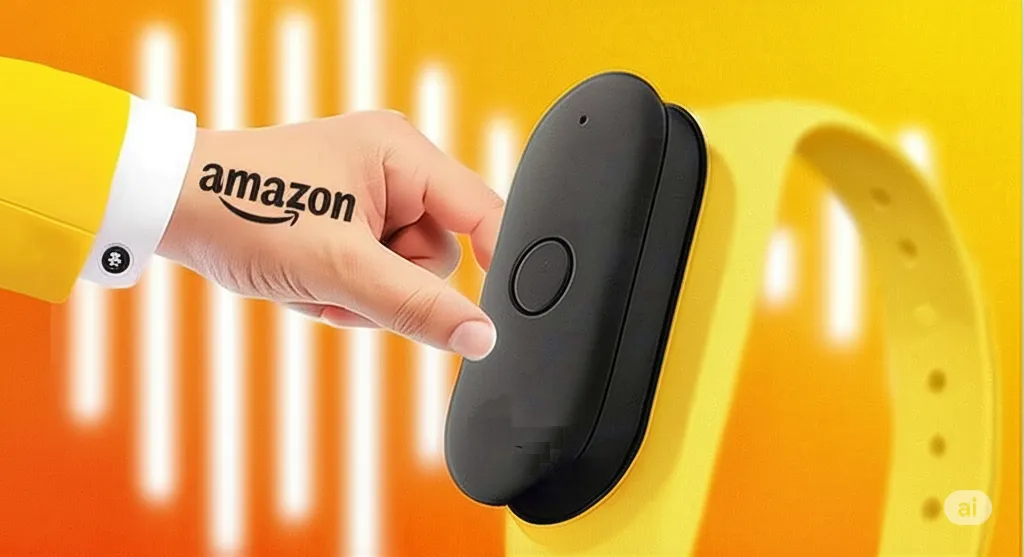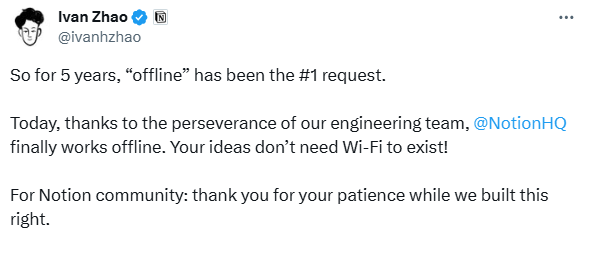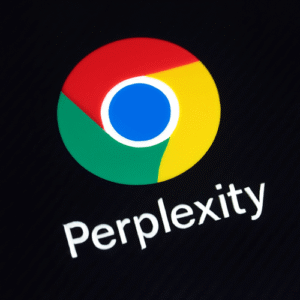Amazon has announced its acquisition of Bee, a San Francisco-based startup that has been making waves with its innovative AI-powered wristband. The deal, the financial terms of which were not disclosed, marks a significant move by Amazon to re-establish its presence in the personal wearables sector after discontinuing its Halo fitness tracker in 2023. This acquisition underscores a broader industry trend of integrating generative AI into consumer devices, with tech giants vying to create a more personalized and seamlessly connected user experience.
Amazon acquisition Bee ai signals a turning point—not just for the company, but in wearable AI.
Founded just last year, Bee has been developing a unique wearable device that functions as a personal AI assistant. The wristband, which was available for pre-order for $49.99 with a proposed $19 monthly subscription, is designed to continuously listen to and transcribe the user’s conversations. The goal is to create a “second brain” that can generate summaries, create to-do lists, and offer timely reminders based on the user’s daily interactions. This ambitious project aims to provide a form of “ambient intelligence,” where technology understands the user’s life contextually and offers proactive assistance.
The acquisition is a clear indication of Amazon’s renewed focus on AI-driven hardware. While the company’s Alexa-powered Echo devices have made significant inroads into the smart home market, the Bee acquisition signals a move towards more personal and portable AI. The wearable’s ability to capture and process real-world conversations could provide Amazon with an invaluable source of data to enhance its AI models and develop more sophisticated and personalized services. This aligns with the vision of a future where AI assistants are not just reactive to commands but are deeply integrated into the fabric of our daily lives.
From a financial perspective, while the acquisition price remains under wraps, Bee had previously raised $7 million in a seed funding round from investors including Exor, Greycroft, New Wave VC, and Banana Capital. The startup’s valuation before the acquisition is not public, but the deal is significant enough to have all of Bee’s employees receive offers to join Amazon. This move will bolster Amazon’s talent pool with a team experienced in the niche and complex field of AI wearables.
However, the “always-on” nature of Bee’s device has raised privacy concerns. The idea of a wearable constantly recording conversations has sparked debate about data security and user consent. Bee has stated that it does not store audio recordings and that its AI models are trained without using personal data. An Amazon spokesperson has affirmed the company’s commitment to user privacy, stating that the same robust controls offered on other Amazon products will be applied to Bee’s technology. The successful integration and adoption of this technology will likely depend on how effectively Amazon can address these privacy issues and build trust with consumers.
The acquisition of Bee places Amazon in direct competition with other tech giants exploring the AI wearable space. With companies like Meta and OpenAI also developing their own AI-powered hardware, the race is on to define the next generation of personal computing. Amazon’s acquisition of Bee, with its focus on an affordable and accessible device, could be a strategic move to capture a wide user base and establish an early lead in this emerging market. The coming months will be crucial in revealing how Amazon plans to integrate Bee’s technology into its ecosystem and what new, AI-powered experiences it will bring to its customers.












